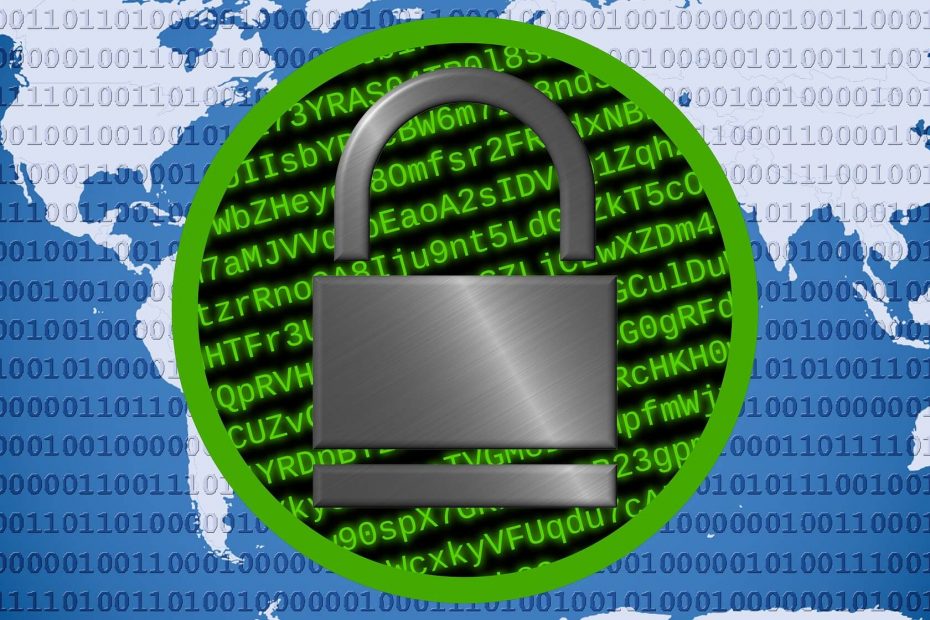If there is one question we often hear in the
So… what is encryption then?
The most basic way to explain what encryption is by saying that it is the process of taking information and converting it into something that is unreadable during transportation. The technical name for the text when it’s scrambled is ‘ciphertext.’ This information is then unscrambled once it reaches its destination.
Tech companies: use this time to enable end-to-end encryption everywhere. Your future depends on making pervasive crypto a fait accompli.
— Edward Snowden (@Snowden) May 27, 2016
We have been using encrypted messages for as long as we have spoken. In an online context, encryption has come to the light of day that it is important, as it impacts so many people. Without encryption, every single piece of information you share online could easily be stolen.
Encryption during storage
Encryption can also be used when data is being stored. This includes storage on memory cards, smartphones, digital cameras, and hard drives. In this instance, time is the transportation method as the information is unlocked when it reaches the time it is needed.
No matter which form of encryption you are looking at, encryption is just the scrambling of information into ciphertext so that it cannot be read by those it is not intended for. Tools which scramble this information can include:
- VPNs which encrypt information during transportation from your computer to the intended server.
- Encryption apps which encrypt information while it is being stored.
- HTTPS protocol which protects certain transactions online.
A surprising amount of valuable information is stored on people’s computers. What is encryption going to do to protect it? It is going to scramble the information until a password unlocks it.
What makes encryption work?
Two basic types of encryption are used online. They are:
- Public key encryption: This is used as direct encryption between a sender and receiver. This is the type of encryption that you receive with the
VPN . - Private key encryption: This is when multiple parties have access to a key which can unlock encrypted data. It is not about sending encrypted information, but it’s about going to a piece of encrypted information.
The whole point of encryption is that only those that need access to the information have the digital key to unlock it.
Organize. Compartmentalize to limit compromise. Encrypt everything, from calls to texts (use Signal as a first step) https://t.co/f28KscdfM7
— Edward Snowden (@Snowden) October 13, 2015
Tools which use both public and private key encryption include:
- Signal
- Viber
These are what is known as end-to-end encryption tools. Not only are messaging apps (like those above) starting to use such tools but so are many other types of online platforms and apps. Their goal is to protect your information and theirs.
What is encryption good for?
Most of the time, you are going to be using websites that have encryption when they need it. While it is nice to have this protection, wouldn’t you rather have some protection of your own? Taking personal responsibility for your own encryption involves using a
- Wireless hotspots: Wireless hotspots are a haven for hackers. It has been found that an unacceptable number of these hotspots feature no encryption at all. This means that if you are on a public wireless hotspot, hackers will be free to read your banking details, communications, and passwords in plain text. A
VPN encrypts this information for you when the wireless hotspot fails you. - ISP spying: With the recent signing into law of this recent legislation which allows your ISP to collect data about all the sites you visited and then sell that data, wouldn’t you rather keep such information private? A
VPN is capable of encrypting things so that not even your ISP can steal the information from you. They don’t need to know what you are looking at on a Friday night… - HTTP websites: Many websites use HTTPS protocol. That ‘S’ basically stands for ‘secure.’ It has its own encryption standard. Websites which do not use it—referred to as HTTP—do not have this encryption. A VPN solves this problem for you.
As you can see, there are many instances where encryption will help you. These are not small things—your life is online, your banking is online, your private communications with your friends are online. If you have to ask yourself what is encryption used for again, those are your answers.
